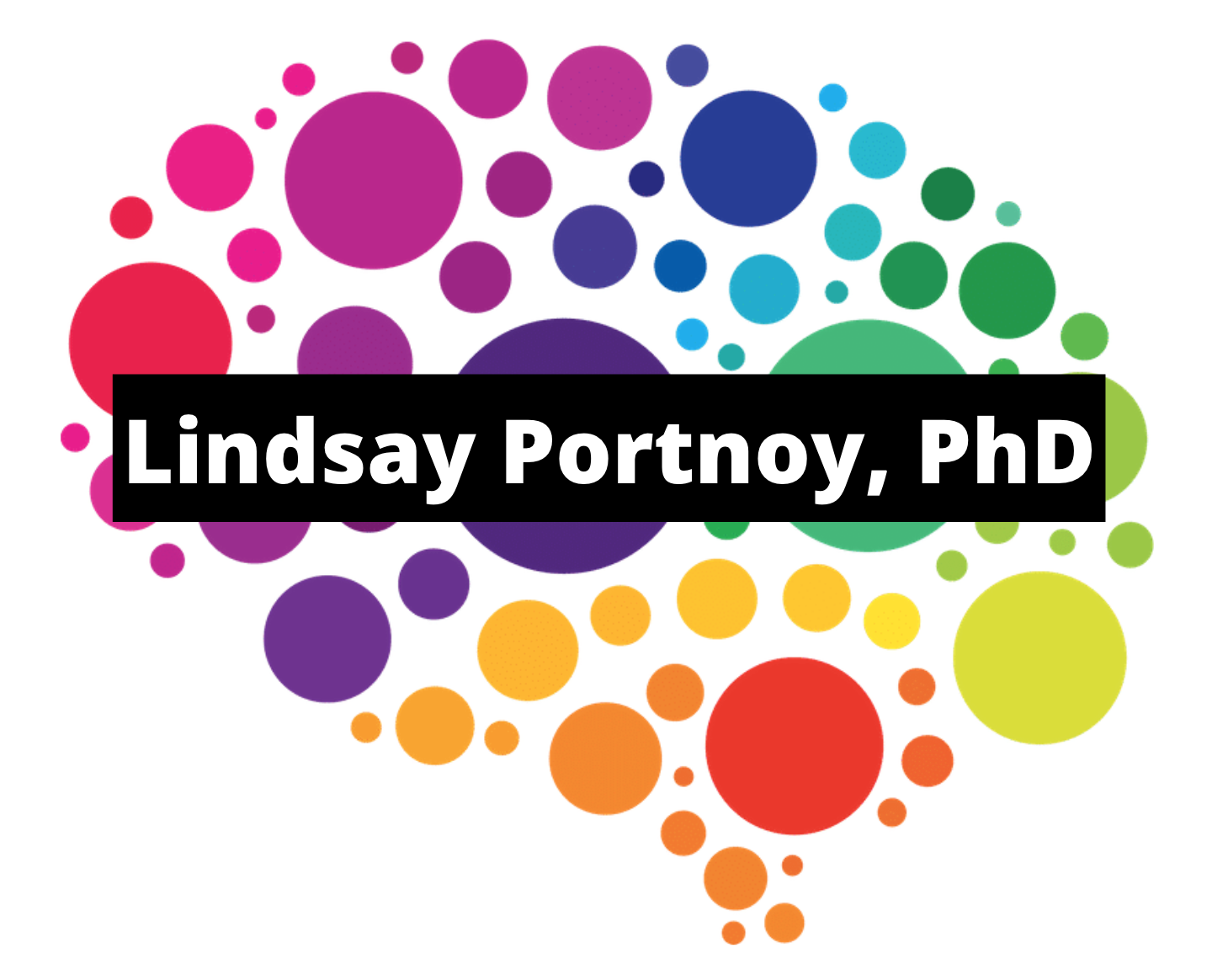My two boys are playing Fortnite as I write this. Theoretically I should feel badly about this, as fears of learning loss have ignited sit-ins from Berkeley to Rome and incited anxiety over increased screen time. All this while students of all ages logged 100 billion hours watching, and learning, online last year.
It is understandable that after suffering through nearly a year of quarantines and lockdowns many can’t wait to “get back to normal” in many aspects of their lives. But how sure are we that the pre-COVID schools our children were attending 5 days a week and away from our watchful eyes were the best possible way to “do” education?
No parent has ever worried about their child becoming zombified as a result of playing too much chess, football, or violin. It’s curious that video games, with a raft of research demonstrating their potential to positively impact on student persistence, learning, and collaboration, still surfaces so much anxiety.
I don’t mean to infer that our educators are not doing miraculous things during this time. But I do wonder if what’s missing from the debate about learning loss as the driving factor in getting our children back into classrooms is a critical chance to see how the gaming console under your TV holds the potential to transform education through more self-paced, student-driven, mastery-oriented, active learning.
And for those concerned about the relationship between video games and aggressive behavior, a longitudinal study recently published doffs those fears and suggests that “playing violent video games early in development is a poor predictor of aggression in later life.”
Cognitive neuroscientist Sabrina Schenk’s research shows how “video game playing is associated with many cognitive benefits in the realm of visual imagery, problem solving, and visual processing.” And while the pandemic has exacerbated many pain points in education including student anxiety, depression, and social isolation, games have helped dampen that isolation felt by learners worldwide. To some, “online gaming has become a social lifeline.”
Rote concepts like cardinal direction take on new meaning in game play as teams iterate on plans in real time all while considering varying perspectives of their teammates. The importance of social interactions during game play are evidenced in work by psychology professor Anat Shoshani who found that “playing a cooperative video game may also foster positive and prosocial outcomes.”
Gone in games is age sorting where it doesn’t matter that kids are in elementary and middle school. I’ve watched as together my children defeat the Ender Dragon along with their friend from summer camp and that friend’s cousin who happens to live in England. Isn’t this similar to the benefits demonstrated by Montessori where younger children from older classmates, and older classmates benefit from the reinforcement of modeling for younger children?
Learning through play is self-paced of the players own volition. For instance when my 10-year-old wanted to learn to build structures in Fortnite on a platform his older brother doesn’t use, he hopped over to YouTube for a quick tutorial from a professional player. The parallel to the learning model popularized by Khan academy was not lost on me, where every learner can watch a lesson and practice on their own until mastery is achieved, and no longer.
Within the school curriculum worksheets require every child solve 100 questions, some children only need 3 questions, few need all 100. Yet in play those same children know they have learned because they’ve leveled up. Perhaps this is why our teachers too see the irony in standardization of students when successfully filling in multiple-choice bubbles on the SAT may have less to do with knowledge than with socioeconomic status. This is something the College Board continues to address.
Classroom learning is less about a singular subject and more about learning to learn. Similarly in games it’s not about the game title but conversations around play that provide a template for an improved post-pandemic system of education. Asking my kids why they’ve selected a game, a character, a move, or friends to play with launches us into discussions about representation of characters, consequences of actions, and invites conversations about the choices we make.
After a tumultuous evening of game play replete with expletives I ask my children how they felt when they won, lost, or their teammate took their turn or stole their loot. And what they learn is the language of pride, defeat, anxiety, and empathy. And when I ask how they felt or responded when something didn’t go their way or how they’d do something different next time, we are talking about executive functioning skills of planning, monitoring, and assessing ourselves in real time can be put to use in the future.
To be sure, games are not a single panacea to fix an inequitable education system rife with issues of access from the significant risks faced by reopening schools and many students without access to reliable broadband. Andur educators have done incredible work engaging our children during in-person and remote schooling through this pandemic. But before we rush to throw our children back into the same education that has needed reform for so long, let’s consider that what’s missing from the debate about learning loss is a critical chance to see how the way our children interact with the gaming console under your TV may hold the potential to transform education.
What research shows and our kids know is the bane of your existence may be the video game controller in your kid’s hand, but it’s also the key to unlocking their potential. If you’ve listened in as I have while my kids orchestrate a sneak attack on a rival squad in Fortnite, you’ll hear all the critical skills our children need to be successful in their future. Not only are our children self-regulating as they plan, monitor, and assess their progress, they are doing so together. Isn’t that sense of purposeful collaboration the best chance humanity has to survive?
